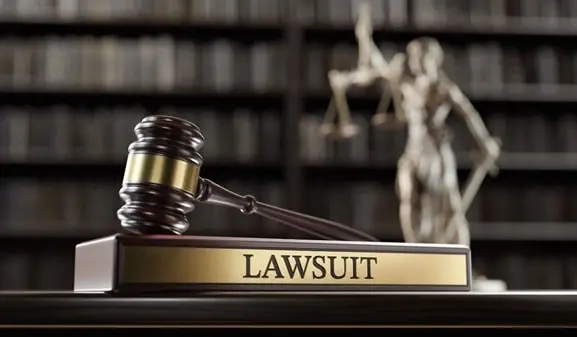Peptiva, a brand offering probiotic supplements with purported benefits for gut health and sleep improvement, is currently facing a high-profile lawsuit over alleged deceptive marketing practices. The lawsuit, filed by consumers, claims that Peptiva exaggerated the health benefits of its products without scientific backing, misleading customers regarding the supplements’ effectiveness and safety. Additionally, Peptiva’s subscription model, which automatically charges customers after a trial period, has been accused of hidden fees and deceptive billing, leading to unexpected charges and difficulties in canceling subscriptions.
The case has brought widespread attention, highlighting the need for transparency in supplement marketing, particularly in an industry where regulatory oversight has historically been limited. Peptiva’s parent company has defended its marketing practices but faces increasing scrutiny from consumer protection agencies and legal bodies that demand stronger evidence to support the health claims made about its products.
Key Allegations Against Peptiva
The lawsuit centers on two primary accusations:
- False Advertising: Plaintiffs claim that Peptiva’s advertising overstates the efficacy of its probiotics, leading consumers to expect unrealistic health improvements. Without credible scientific validation for these claims, the plaintiffs argue that the brand violated consumer trust and engaged in deceptive marketing. Critics have also highlighted that Peptiva allegedly downplayed potential side effects, which include digestive discomfort and vivid dreams, leaving consumers uninformed about possible risks.
- Deceptive Subscription Practices: Consumers reported that after a “free” trial, they were automatically enrolled in a subscription that billed their credit cards without clear consent. The lawsuit claims that Peptiva’s subscription terms were buried in fine print, and customers faced significant challenges when attempting to cancel. Complaints about unexpected monthly charges, often upwards of $70, have led many to accuse Peptiva of exploiting consumers through a difficult-to-navigate cancellation process.
The Legal Proceedings and Potential Outcomes
The lawsuit is currently in the pre-trial phase, with both parties gathering evidence. The plaintiffs are compiling customer testimonies, expert analyses, and internal marketing documents from Peptiva to demonstrate deceptive practices. While some settlement talks have occurred, no agreement has been reached yet, and the trial is set to continue unless a settlement is finalized.
If Peptiva is found liable, the company may face several consequences:
- Financial Penalties: The court could require Peptiva to pay refunds to affected consumers and possibly issue additional fines. This might include customer compensation for financial losses due to unauthorized charges or unfulfilled product promises.
- Changes to Marketing and Subscription Models: The court could mandate Peptiva to alter its advertising to align with FDA and Federal Trade Commission (FTC) guidelines, especially regarding health claims that lack scientific support. Peptiva’s subscription model may also be forced to adopt more transparent practices to ensure customers fully understand the terms before enrolling.
Broader Impact on the Supplement Industry
The Peptiva lawsuit has significant implications for the dietary supplement industry, which is often criticized for its lack of rigorous regulation. A court ruling against Peptiva could prompt stricter advertising standards across the industry, pushing companies to provide scientific evidence for health claims. This outcome may also encourage closer monitoring by the FTC and FDA, leading to a shift toward greater transparency in marketing practices and clearer labeling.
Industry experts suggest that the case underscores a growing demand for accountability within the supplement sector, where companies are urged to prioritize honesty in product efficacy claims. As consumer trust in supplement marketing wanes, companies may need to reevaluate their marketing strategies to maintain customer loyalty and avoid similar legal challenges.
Advice for Current and Potential Peptiva Users
For those currently using Peptiva or considering its purchase, here are steps to navigate the situation:
- Stay Updated: Monitor the lawsuit’s progress and any related announcements, such as potential product recalls or adjustments in marketing claims.
- Consult a Healthcare Provider: If Peptiva supplements are not meeting your health expectations or causing side effects, consult a doctor for personalized advice and consider alternative options.
- Document Billing Issues: If you’ve experienced unauthorized charges, keep detailed records, including purchase receipts and communications with customer service. This documentation could support any potential compensation claims if the lawsuit results in a refund arrangement.
Conclusion
The Peptiva lawsuit highlights the challenges consumers face in a largely unregulated industry, raising awareness about the importance of honest advertising in health products. As the case unfolds, its outcome could set a new precedent for transparency in supplement marketing and strengthen consumer rights against misleading claims. For now, staying informed and cautious about such claims will help consumers make better choices in the rapidly evolving supplement market.
For additional information or assistance, consulting legal professionals specializing in consumer protection may offer further guidance on navigating product-related claims.


